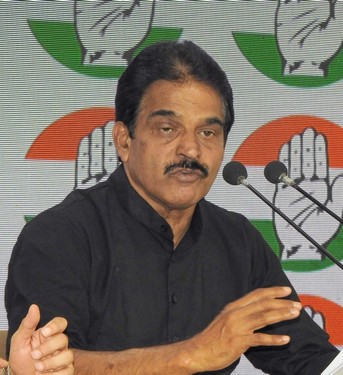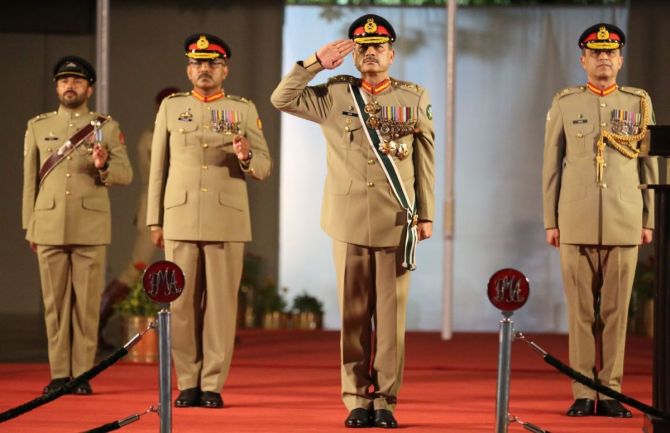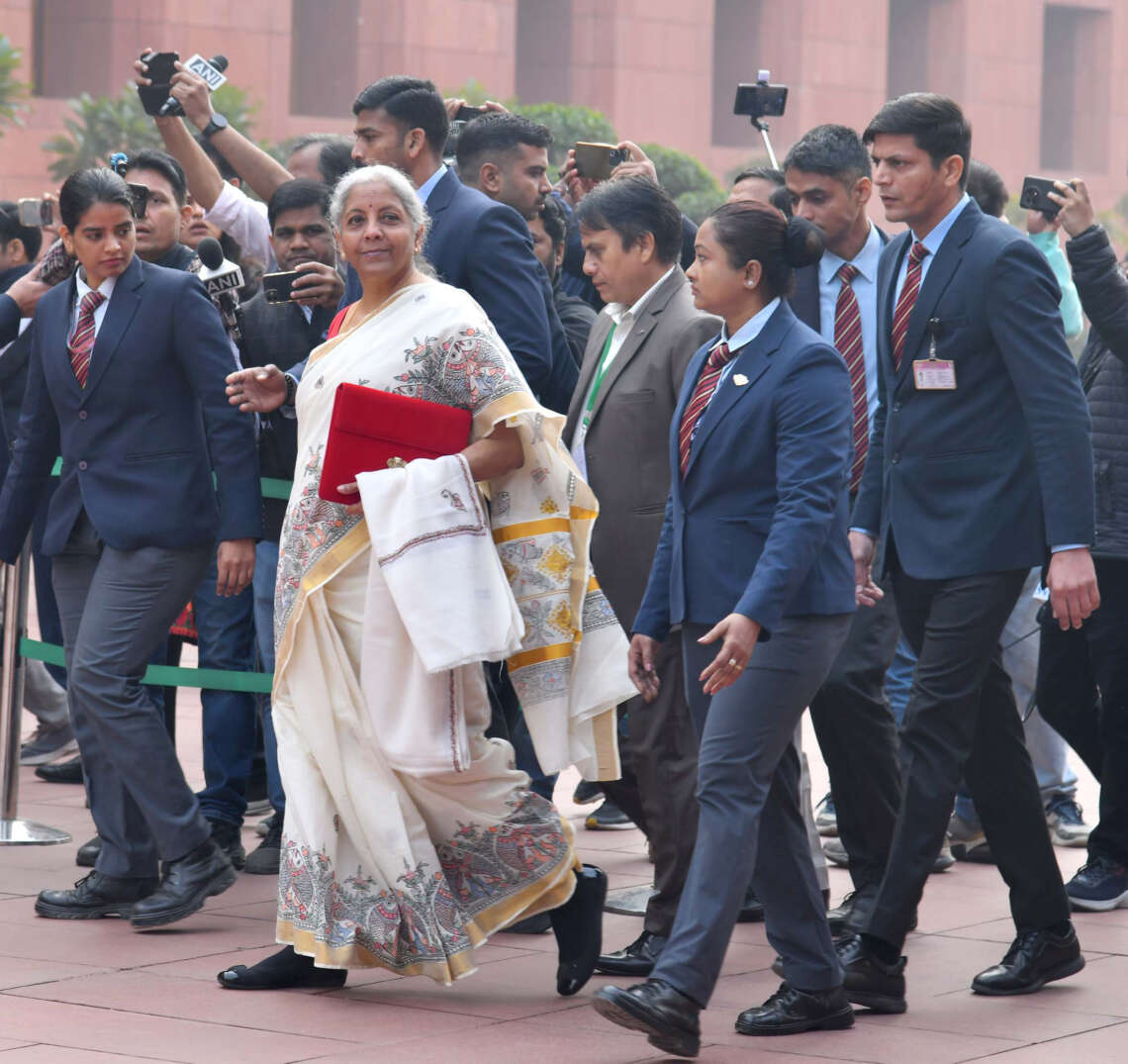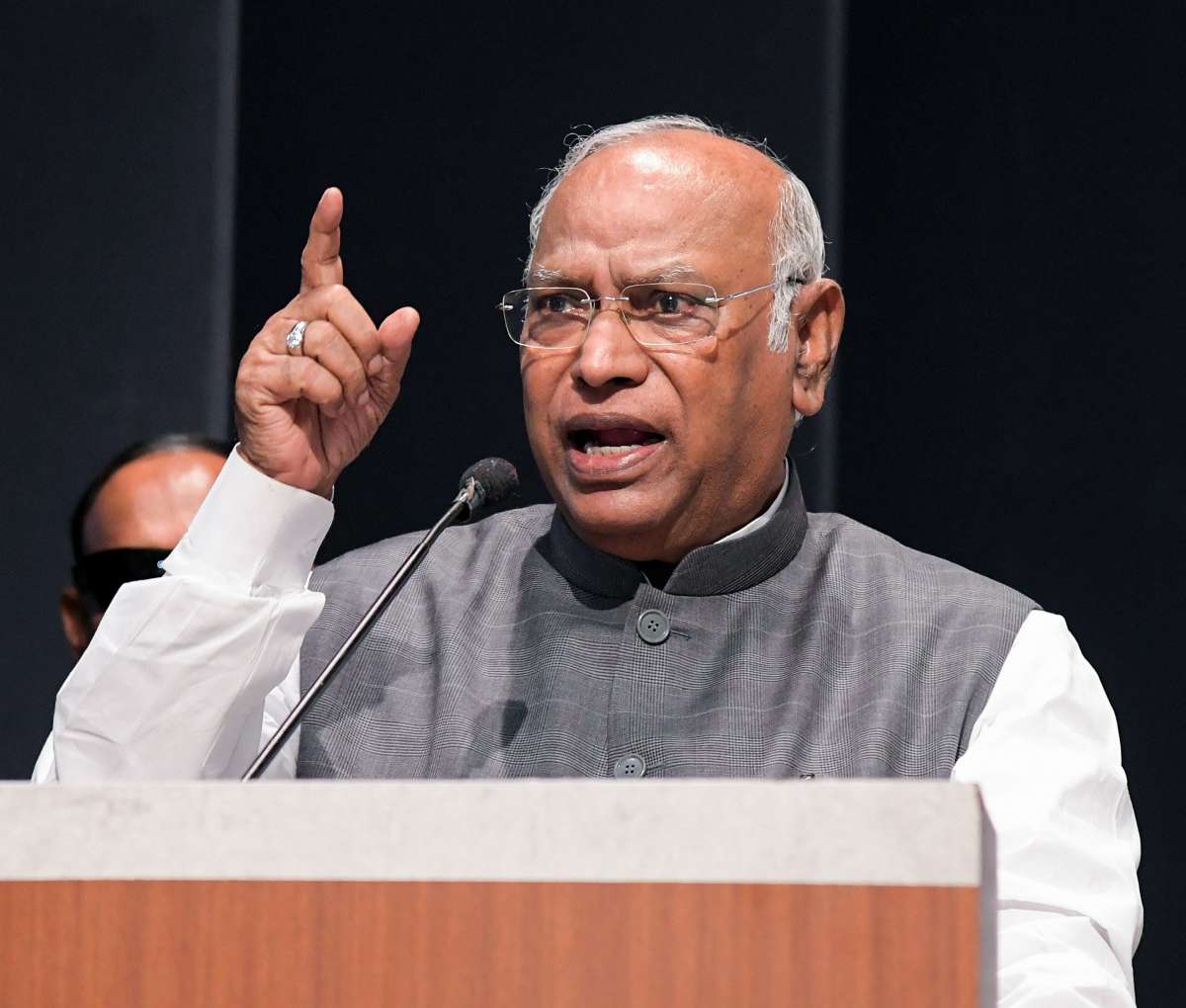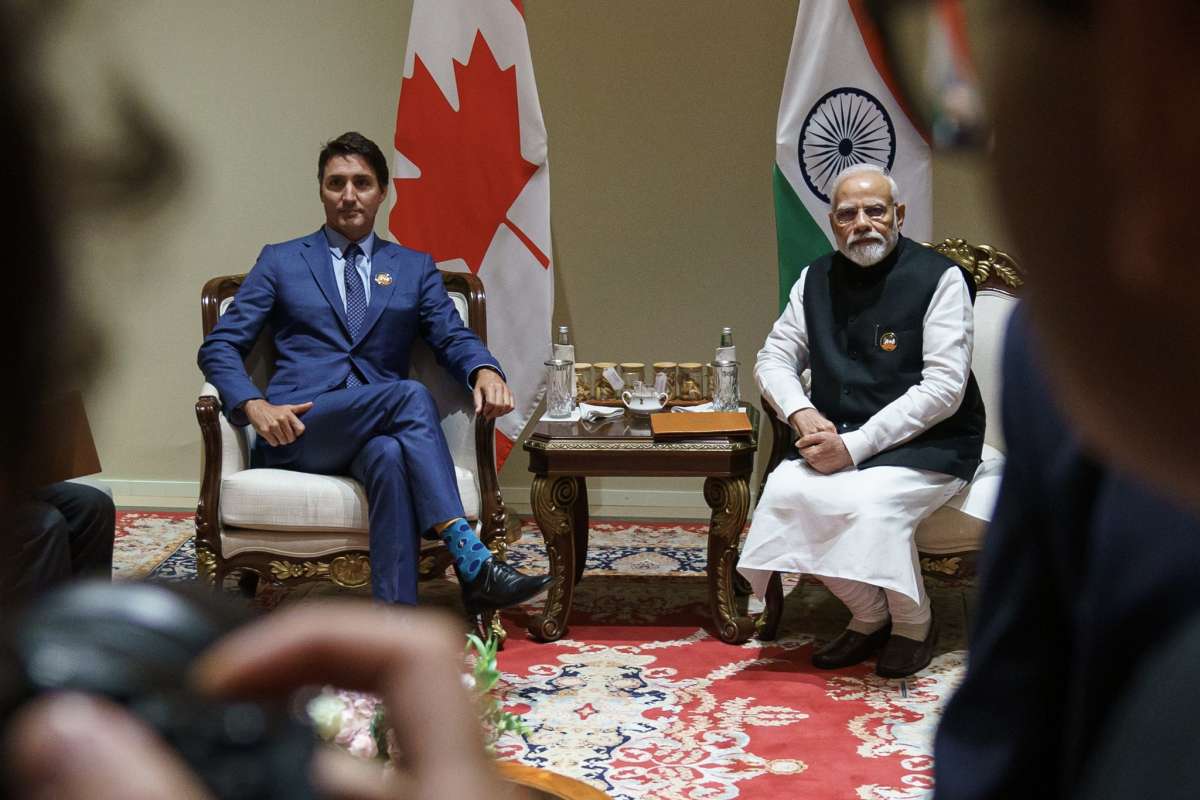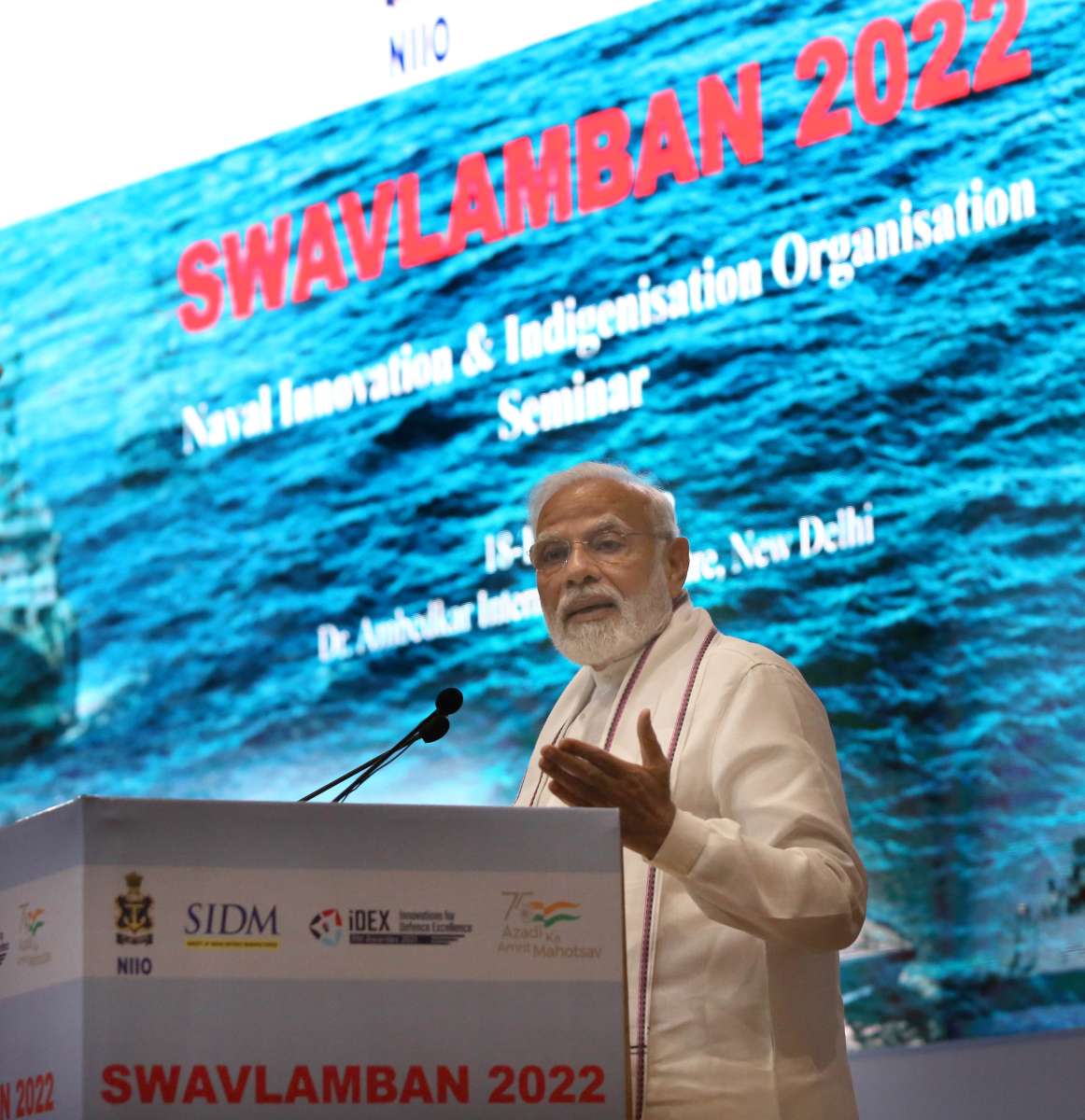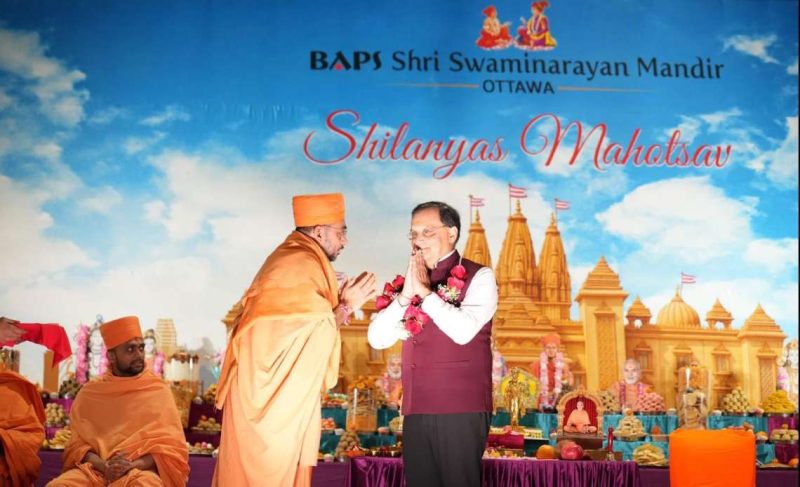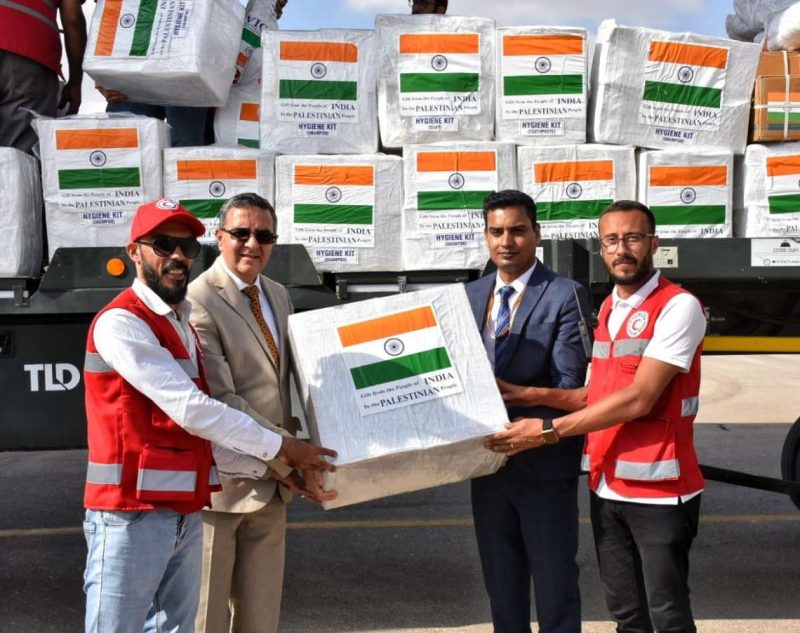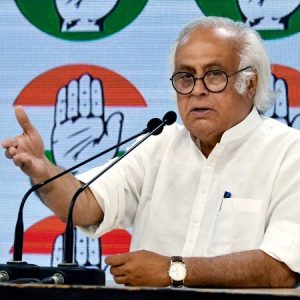A Bill seeking to reserve 33 per cent of seats for women was first moved by the H.D. Deve Gowda government in 1996…reports Asian Lite News
A day after Union Cabinet cleared the Women’s Reservation Bill, the Congress on Tuesday said that in the last nine and half years, the Modi government took no steps towards this, despite multiple letters from Sonia Gandhi and Rahul Gandhi, and “even though the BJP has delayed this for far too long, it is better late than never that the Bill is finally seeing the light of day”.
In a post on X, Congress General Secretary (Organisation) K.C. Venugopal said, “In 1989, Rajiv Gandhi ji first introduced this idea for local bodies. Rajiv ji’s vision came into force in 1993. In 2010, during the UPA regime led by Sonia Gandhi ji, the Dr. Manmohan Singh government passed the Women Reservation Bill in Rajya Sabha.”
“In the last nine and half years, the Modi government took no steps towards this, despite multiple letters from Sonia Gandhi ji, Rahul Gandhi ji and the Congress Party itself. Even though the BJP has delayed this for far too long, it is better late than never that the Bill is finally seeing the light of day,” the Congress Rajya Sabha MP said.
His remarks came a day after the Union Cabinet chaired by Prime MInister Narendra Modi approved the Constitution Amendment Bill to provide reservation for women in Parliament and state assemblies — paving the way for the introduction of the historic Bill in the ongoing special session of Parliament.
The Congress in the recently concluded two-day Congress Working Committee (CWC) meeting, the party’s highest decision making body, in its resolution has demanded the passage of the Women’s Reservation Bill in the Parliament Special Session.
On Monday, even Congress President and Leader of Opposition in Rajya Sabha Mallikarjun Kharge, NCP leader Supriya Sule, Leader of Congress in Lok Sabha Adhir Ranjan Chowdhury demanded the passage of the Bill in the Special Session.
A Bill seeking to reserve 33 per cent of seats for women was first moved by the H.D. Deve Gowda government in 1996.
The Congress-led United Progressive Alliance (UPA) government then reintroduced the legislation, officially known as the Constitution (One Hundred and Eighth Amendment) Bill, in 2008.
The legislation was passed by the Rajya Sabha in 2010, but it could not be passed in the Lok Sabha and it lapsed following its dissolution in 2014.
ALSO READ-Congress to Attend Special Parliament Session, Sonia to Write Letter to PM


